“She let nothing stand in her way”: Naomi Sorkin on Ida Rubinsten and her resurrection at the Playground Theatre
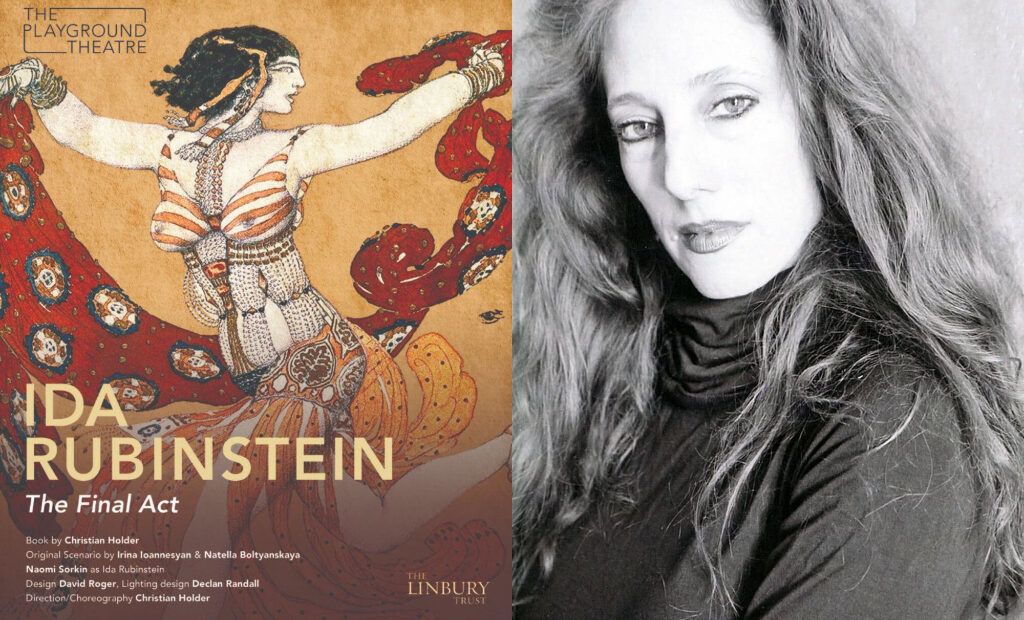
Many have perhaps not heard of Ida Rubinstein. Born into riches in 1883, this Russian diva was determined to be a performer – despite her family’s disapproval. After appearing on stage in “indecent” clothing in Paris, her brother-in-law, who considered acting to be the same as prostitution, committed her to a mental asylum.
Managing to secure her release, Rubinstein married her passionately obsessed cousin, to gain her freedom and enable her to become a ballerina, though she had little formal training or natural ability. In the years that followed, the socialite would dance with the Ballets Russes, she would serve as muse for various artists and commission great works of music, and would even set up her own company.
In her personal life, Rubinstein had various polyamorous relationships with men and women in the artistic and political scene at the time. Her life is fascinating, and yet, for someone so enamoured with celebrity and spotlight, she spent her last ten years in seclusion, and has largely been forgotten by the history books – until today.
The Playground Theatre (one of London’s newest off-West End venues) has announced Well Made@The Playground, a mini season of new opera, theatre and dance, which includes Ida Rubinstein: The Final Act. The production stars Naomi Sorkin as Ida, and tells the story of the extravagant diva. We caught up with Naomi to find out more.
Were you familiar with Ida Rubinstein before being approached for this role?
I wasn’t familiar with her until approached by the late William Como about 20 years ago, who had just researched an article about her. He told me that not only did I look like her, but it was an extraordinary story from great fame and celebrity to total obscurity.
Do you identify with her?
I identify with her in that I always felt I belonged in spirit to that period (1900-20s) and the explosion of creativity in Paris, in particular the Ballets Russes. Like Ida and Sarah Berhardt, I believe in the power of beauty and art to move and transform people. As a performer it has always been my desire to move people.
How would you describe Ida Rubinstein and her life, and why do you think she has been largely forgotten today?
I think Ida was a passionate believer in art. She had the means to be a great impresario, which is also largely forgotten. Bolero [by Ravel] was the most famous piece she commissioned, but there is a canon of other work by French composers of the time.
I believe they were called Les Six, including Honnegar, Milhaud, Auric, etc., as well as Stravinsky. She also worked with the best artists and choreographers and dancers to create a platform for the great Nijinska as a choreographer and artistic director. Her opening season there was nine new works – astonishing by today’s standards.
I think her fatal flaw was to put herself at the centre of all the works, when she was already mid-40s and not really up to what was required as a dancer. Still, I think it would have been remembered if a man had created that company.
What do you want the audience to take away from Ida Rubinstein: The Final Act?
That she was a complex woman of talent and passion and ultimately compassion, who, despite her ego, gave of herself to help and support others.
How would you describe the set design and costumes used for this performance?
She was surrounded by beauty and her clothing was extravagant and opulent. Even she went to the abbey she went in silk!
The framing of telling her story through an interview was a really nice idea. Was Edward Clement a real person, and is that element of the narrative based on anything that really happened?
Edward Clement was not a real person. The interview idea came from Irina Ionnyasen, who wrote the original scenario. There was, however, a French airman, M Leblond, who stayed devoted to Ida. He visited her once a year, and when she died in obscurity he got the French airmen to pay for her headstone.
Do you think Rubinstein’s story is relevant for a 21st century audience?
Ida’s story is incredibly relevant because it shows a woman in a man’s world, when women had no power, who refused to allow any obstacle to stand in the way of her belief and determination to become a performer and impresario, against the odds. She let nothing stand in her way. That in itself is amazing and inspirational today.
What do you think she would want to be remembered for?
I think Ida would want her contribution to the arts, music, dance, design, choreography to be remembered, as well her devotion to an altruistic life in the end. You know, she was awarded the French Legion d’Honneur for her war efforts.
What’s next for you?
My great desire is to take this to St Petersburg and New York City!
Sophia Moss
Ida Rubinstein: The Final Act is at the Playground Theatre from 23rd September until 16th October 2021. For further information or to book visit the theatre’s website here.


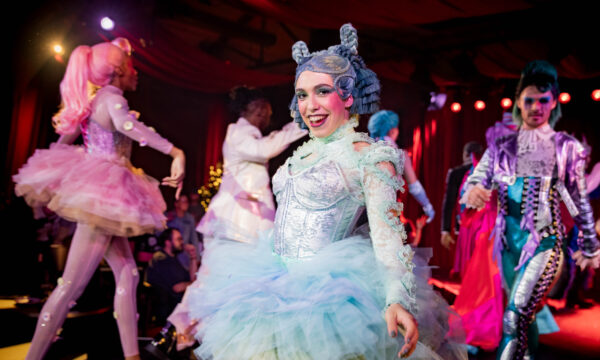
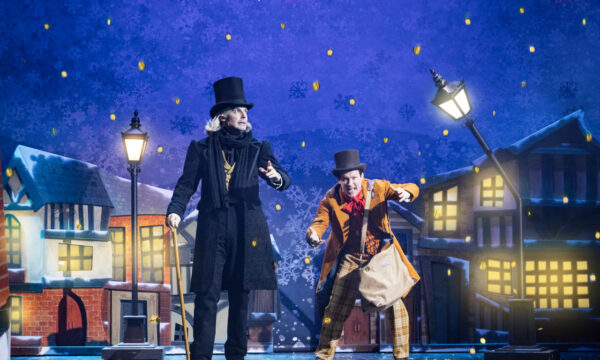
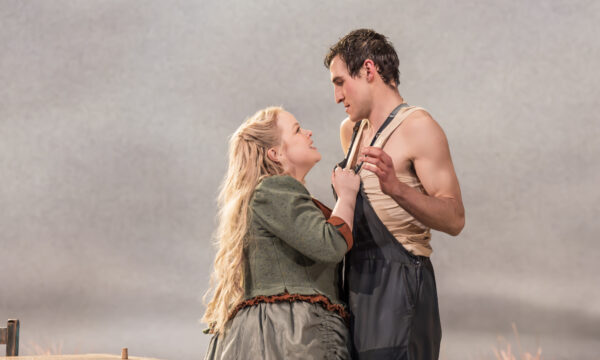



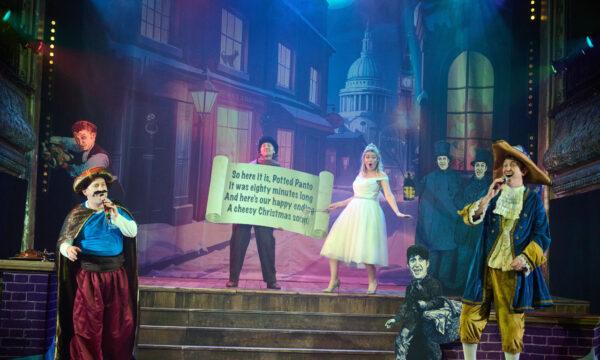











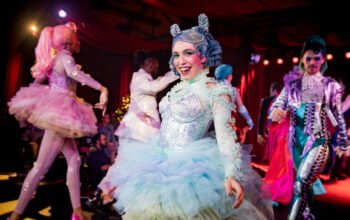


Facebook
Twitter
Instagram
YouTube
RSS